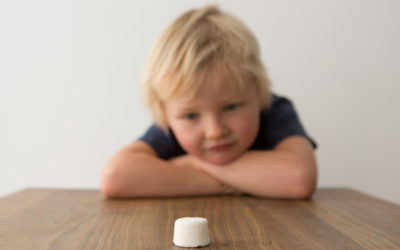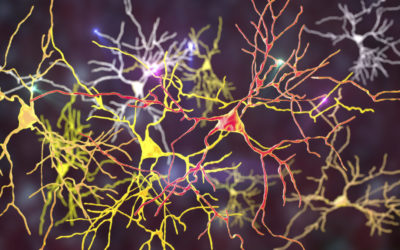
A long-term study in Finland has tracked children from the age of eight until the age of 50 and a new analysis of the data, just published, has looked at some of the correlations between socioemotional behaviour in childhood and later life achievement and health behaviours.
There are a number of interesting correlations which have also been supported by other studies. The one is that well-controlled behaviour in childhood predicted more physical activity in middle age. This is probably due to being more conscientious and structured and being able to make and stick to exercise plans.
Another correlation was that social activity in childhood predicted higher alcohol consumption and smoking in adulthood. This is most likely through being in more social situations – many of these are associated with drinking alcohol and also smoking with peers.
There was also a correlation to educational achievement with well-controlled behaviours in childhood predicting, to a degree, educational attainment. But similarly higher educational attainment was also related to less alcohol consumption and less smoking. It should be noted that some of these showed differences to boys and girls.
Though this may sound like it is deterministic i.e. if you are well-structured in childhood, life will be good and alternatively, it will not be. The effect sizes are generally small, and, for example, there was no correlation found for BMI at age 50.
So, behaviours and personality at age eight can give an indication of future life trajectories but this indication is only small and other factors will play a much larger role.
Reference:
Tiia Kekäläinen, Jenni Karvonen, Timo Törmäkangas, Lea Pulkkinen, Katja Kokko.
Pathways from childhood socioemotional characteristics and cognitive skills to midlife health behaviours.
Psychology & Health, 2022; 1
DOI: 10.1080/08870446.2022.2041639
More Quick Hits
New Discovery: Swirling Spirals Move Across Your Brain
Different areas of the brain are associated with empathy – this new research shows how brain regions synchronise to induce empathic responses.
Zapping the Brain Improves Maths Ability
Different areas of the brain are associated with empathy – this new research shows how brain regions synchronise to induce empathic responses.
Developing Self Control in Children
Different areas of the brain are associated with empathy – this new research shows how brain regions synchronise to induce empathic responses.
Surprising Discovery on the Social Brain
Different areas of the brain are associated with empathy – this new research shows how brain regions synchronise to induce empathic responses.
How Emotional Satisfaction (not “Happiness”) Improves Students’ Grades
Different areas of the brain are associated with empathy – this new research shows how brain regions synchronise to induce empathic responses.
The Little Known Brain Cells that Help You Stay Awake and Keep Your Brain Active
Different areas of the brain are associated with empathy – this new research shows how brain regions synchronise to induce empathic responses.
Unfair! Brain Circuit for Fair Rewards Identified
Different areas of the brain are associated with empathy – this new research shows how brain regions synchronise to induce empathic responses.
Brain Cells of Males and Females Respond Differently to Stress
Different areas of the brain are associated with empathy – this new research shows how brain regions synchronise to induce empathic responses.
Work in the Presence of Others Lowers Stress
Different areas of the brain are associated with empathy – this new research shows how brain regions synchronise to induce empathic responses.
Humans Give Unconditional Small Acts of Kindness – Continuously
Different areas of the brain are associated with empathy – this new research shows how brain regions synchronise to induce empathic responses.










